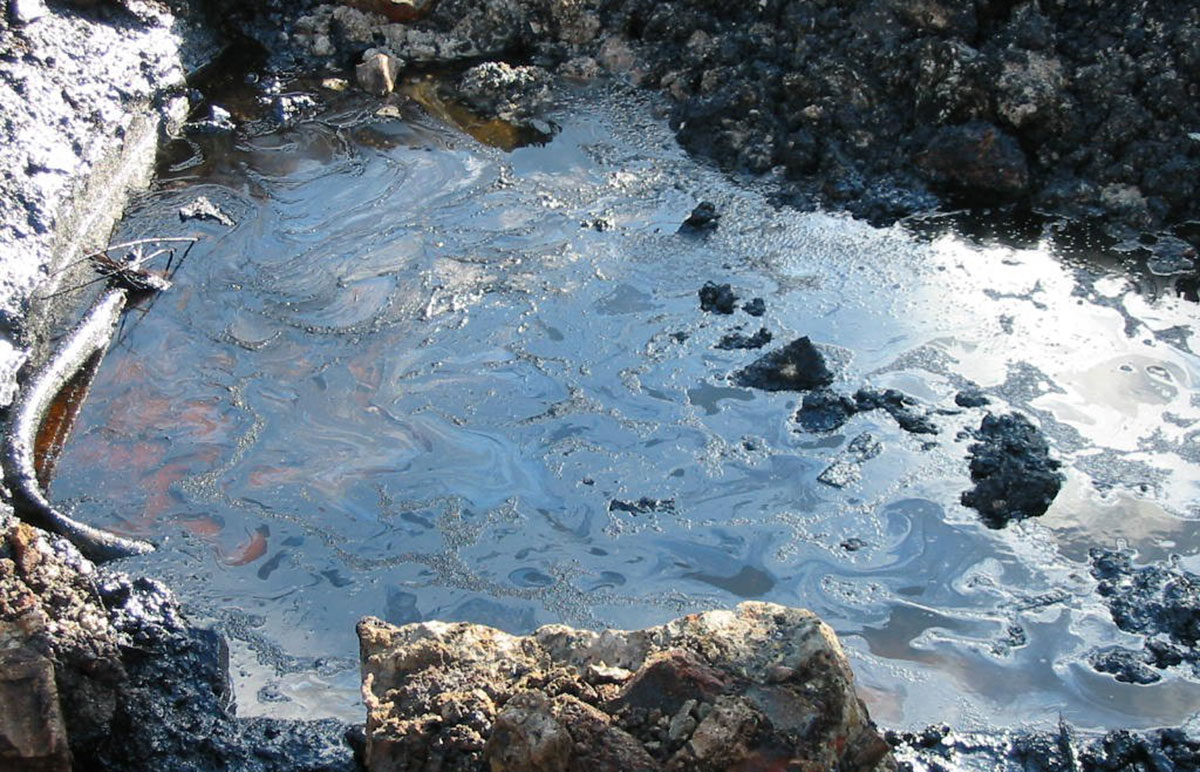
Over the past year, our Technical Director Mike Plimmer has delivered a range of presentations at conferences organised by EPUK, RICS and the Geological Society. Mike specialises in the development of risk assessment models for contaminated land remediation and in the classification and re-use of construction waste; he leads GEA's contaminated land team and has over 30 years' experience in geotechnical and contaminated land projects.
If you are interested in receiving copies of the below presentations by email, please contact [email protected]
EPUK Environmental Protection UK seminar at ALS laboratories, Chester – January 2020
This presentation discussed the effect of uncertainty in soil sampling, analysis and threshold values. It questions current sampling and testing practice and challenges intra-strata variability, cross-contamination, and looks at how different methods of sample preparation between labs can affect results.




Royal Institution of Chartered Surveyors (RICS) Manchester, November 2019: Galligu and petroleum hydrocarbon contaminated site
Mike presented a case study of a site at Runcorn in Cheshire, a complex and technical project with a tight budget and limited land value. The presentation discussed the challenges that were met by GEA to unlock the redevelopment and the successful remediation programme that dealt with hydrocarbon impact on the adjacent canal.




RICS Rural Conference, Hexham – October 2019
In this presentation Mike discussed the issues that can arise on rural sites, which are often not considered likely to have significant issues with ground contamination. The presentation highlights a problem site on the edge of a rural village in Lincolnshire, it covers the common sources of rural contamination and explores remedial solutions in dealing with various types of contamination. It questions when is a 'greenfield' site a potentially contaminated site.




The Geological Society of London's Hydrogeology of the Superficial Deposits Conference – May 2019
A look at anthropogenic influence on groundwater and contaminant flow through superficial deposits. This covers three case studies exploring barriers, preferential pathways and hydraulic containment.




Related News
March 12, 2025
by Marie Patience
Encountering galligu is almost a rite of passage when working in areas like Runcorn, Widnes, St Helens, or near the Sankey Canal. Yet, many are unaware of this unique and often problematic material beyond these regions. Let’s dive into what galligu is, its history, and how it’s managed today.
February 19, 2025
by Bryan O'Gorman
Landfill tax is set to rise significantly in April, with the standard rate rising to £126.15 per tonne and the lower rate rising to £4.05 per tonne (currently £103.70 and £3.30). This hike will make traditional "dig and dump" practices far more expensive for the construction industry.
January 23, 2023
by Mike Plimmer
In 2019, the Association of Geotechnical & Geoenvironmental Specialists (AGS) published formal guidance on the classification of waste soils as either hazardous or non-hazardous. The aim of this was to provide simple and clear advice on best practice - at least when it comes to more straightforward sites - in an area that has often involved confusion.
November 11, 2022
by Harry Hooper
How did I get into the ground engineering industry? I was originally planning a career in an entirely different field of work, and engineering geology/geotechnical engineering isn't particularly a well-known career. It is one that I didn't even know existed! However, after having a conversation with a neighbour, who explained the career that they had as a civil engineer turned geotechnical engineer, describing the roles they had in projects in the UK and around the world! I was inspired to see how I could get into this profession. I recall having a phone call with Nick Koor (course lead for BEng Engineering Geology and Geotechnics) from the University of Portsmouth, and after a long discussion about the degree and its career prospects, Nick offered me a place which I accepted straight away!